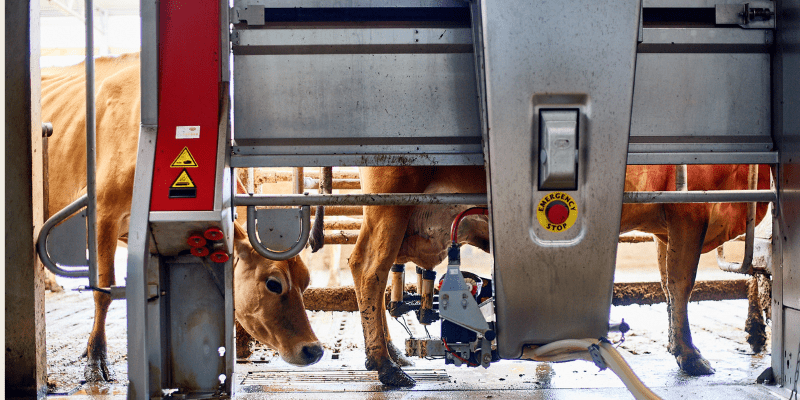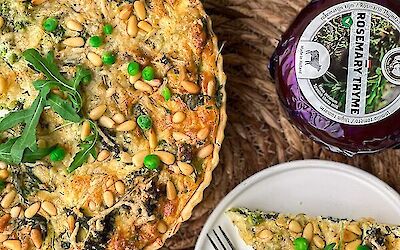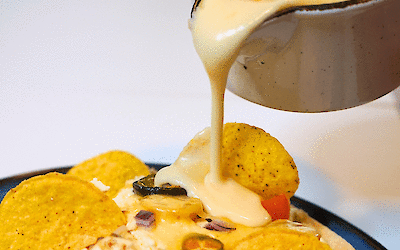What is pasteurised cheese and when do you eat it?
Cheese is a popular product, but there is an important distinction between pasteurised and raw milk cheeses. Pasteurised cheese is made from milk that has undergone heat treatment, better known as pasteurisation. This process briefly heats the milk to about 72 degrees Celsius to kill harmful bacteria such as Listeria, Salmonella and E. coli. This makes the milk safer to consume and gives the cheese a longer shelf life.

Cheese is a popular product, but there is an important distinction between pasteurised and raw milk cheeses. Pasteurised cheese is made from milk that has undergone heat treatment, better known as pasteurisation. This process briefly heats the milk to about 72 degrees Celsius to kill harmful bacteria such as Listeria, Salmonella and E. coli. This makes the milk safer to consume and gives the cheese a longer shelf life.

Why is pasteurised cheese important during pregnancy?
During pregnancy, it is extra important to pay attention to which cheeses you eat. A pregnant woman's immune system works differently, increasing the chances of getting a food infection. Raw milk can contain the Listeria bacteria, which can be harmful to the unborn baby. It is therefore recommended to eat only cheeses made from pasteurised milk. This reduces the risk of infection and ensures you can enjoy your favourite cheese without worry.
How can you tell if cheese has been pasteurised?
It is not always immediately obvious whether a cheese is made from pasteurised milk, but with a few simple checks you can quickly find out:
- Read the cheese's label. Does it say "raw milk" or "au lait cru" on the packaging? Then the cheese has not been pasteurised. If this indication is missing, the cheese is usually pasteurised.
- At the cheese shop or at markets where cheeses are sold without packaging, it is wise to ask whether the cheese is made from pasteurised milk.
- Good news for lovers of Henri Willig cheeses: these are made from pasteurised milk. This means you can enjoy the various cheeses Henri Willig offers with peace of mind, even during pregnancy!
When can you eat pasteurised cheese?
Pasteurised cheese is safe for consumption in various situations:
- During pregnancy. As mentioned earlier, it is recommended for pregnant women to eat only pasteurised cheeses to minimise the risk of listeriosis.
- For people with weakened immune systems. People with weakened immune systems, such as the elderly or those with certain medical conditions, do well to choose pasteurised cheeses to avoid food-related infections.
- General use. For the average consumer, both pasteurised and some raw milk cheeses are safe, provided they are produced and stored properly. However, pasteurised cheeses offer an extra safeguard against potential harmful bacteria.
Pasteurised Henri Willig cheeses
At Henri Willig, only pasteurised milk is used in the production of cheeses. This means you can enjoy all their flavours - from young and old cheese to special varieties with herbs - with peace of mind. So you combine delicious taste with the assurance of a safe product.
Whether you are looking for a cheese for on bread, a drinks board or a culinary dish, with Henri Willig pasteurised cheeses you will always make a good choice.
Order via our webshop
Is this article already making you hungry?
Check out Henri Willig's delicious recipes below.
Quiche with broccoli and cheese
The Easter season is approaching and so we treat ourselves to a simple quiche with broccoli and cheese. After all, we love these tasty savoury tarts, especially since you can experiment with them endlessly.
Homemade creamy Gouda cheese sauce
You can eat this cheese sauce with everything! Whether you're having nachos, loaded fries, broccoli or cauliflower, this sauce is an all-rounder. Also delicious to use as a cheese dip.





